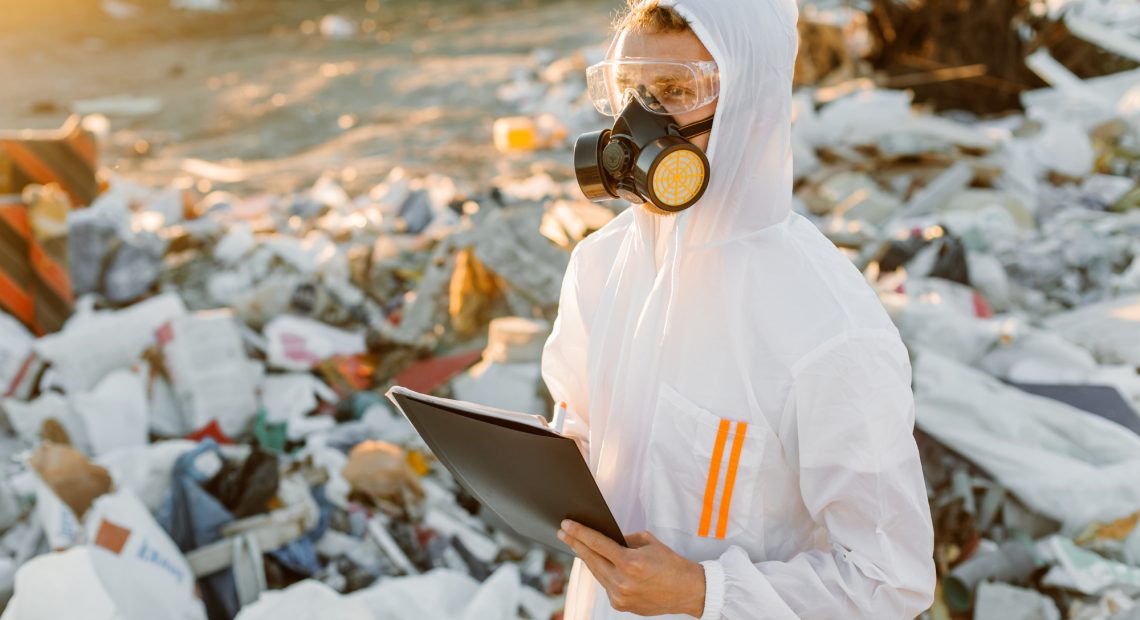
Pollution Claims 1.5 Million Lives Annually in India: Study
A recent study has revealed the devastating toll of air pollution in India, with approximately 1.5 million lives lost annually due to poor air quality. The findings highlight that no individual in India breathes air that meets the World Health Organization (WHO) standards, emphasizing the critical need for urgent measures to tackle the growing environmental crisis.
Widespread Air Quality Issues
The study underscores that India’s air pollution levels are among the highest in the world. The research, conducted by a prominent environmental health group, analyzed air quality data and linked it to health outcomes across the country.
The findings reveal that fine particulate matter (PM2.5), known for its harmful effects on respiratory and cardiovascular health, significantly exceeds WHO-recommended limits across India. Major urban centers, including Delhi, Mumbai, and Kolkata, are among the worst affected, but rural areas also face alarmingly high pollution levels due to factors like crop burning and unregulated industrial emissions.
Health and Economic Impacts
The report links pollution exposure to a range of health conditions, including respiratory infections, heart disease, and lung cancer. Vulnerable populations, particularly children and the elderly, are disproportionately affected.
Economically, the study estimates that the loss of productivity and healthcare costs associated with pollution-related illnesses imposes a severe burden on the country. The financial toll further compounds the urgency of addressing the issue.
Government and Public Responses
The findings have prompted calls for enhanced policy interventions. Environmental activists are urging the government to strengthen regulatory frameworks, adopt cleaner technologies, and accelerate the transition to renewable energy sources.
Experts stress that addressing air pollution requires a multi-faceted approach, including stricter enforcement of emissions standards, increased public awareness, and expanded air quality monitoring networks.
This alarming study serves as a wake-up call, underscoring the urgent need for collective action to protect public health and the environment. Without immediate and sustained efforts, the health and economic consequences of air pollution are likely to worsen.


















